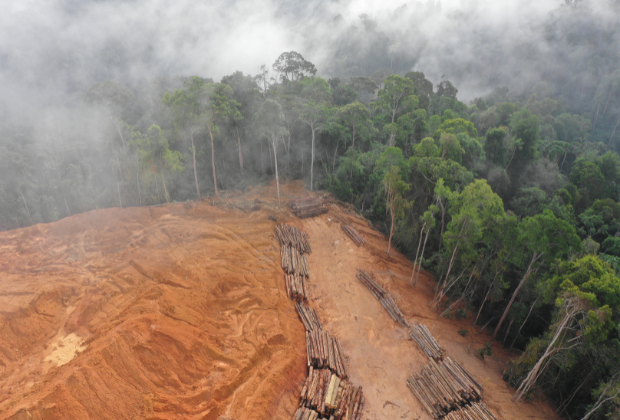
In the past few years, the cosmetics industry has made efforts to address the global concerns of sustainability and corporate responsibility. In the spirit of corporate sustainability, the United Kingdom and European Union recently issued rulings to regulate deforestation practices used in cosmetics manufacturing and ingredient sourcing.
Here’s what you need to know about the recent rulings from the UK and EU:
United Kingdom
The United Kingdom took a major historical step towards the effort of preserving the environment when passing the Environment Act 2021 on November 9, 2021. This new law includes significant provisions on the import and use of “Forest Risk Commodities” otherwise referred to as “FRC’s”. FRCs and products derived from FRC’s that are imported and/or used in commercial manufacturing and distribution in the UK will most likely include palm oil, soya, cocoa, rubber, beef, and leather. Although these commodities are considered priorities at the moment, the list is almost certain to be extended in the future.
Timing for when the obligations of the FRC Law will actually apply to industry will be set out in secondary legislation. UK legislators will be introducing secondary legislation incrementally based on priority. It should be noted that NGOs are applying pressure to ensure supply chains to be considered deforestation free with a phase target of 2023 to 2025.
Click to read more on the UK Environment Act 2021.
European Union
The Council of the European Union and the European Parliament completed negotiations on the latest version of the EU Deforestation-Free Supply Chain Regulation on December 6, 2022. When the new rules enter into force, all relevant companies will have to conduct strict due diligence if they place on the EU market, or export from it: palm oil, cattle, soy, coffee, cocoa, timber and rubber as well as derived products (such as beef, furniture, or chocolate).
In an official press release from the European Commision, it was concluded that:
“Operators and traders will have to prove that the products are both deforestation-free (produced on land that was not subject to deforestation after 31 December 2020) and legal (compliant with all relevant applicable laws in force in the country of production).”
Business operators will be required to provide extensive information about the product’s origins, including the precise location(s) and general time of production. Products sourced from standard- or high-risk origins must comply with additional risk assessment and mitigation procedures.
Formal adoption of the new law is expected sometime in the spring of 2023. Once the Regulation is in force, operators and traders will have 18 months to implement the new rules.






